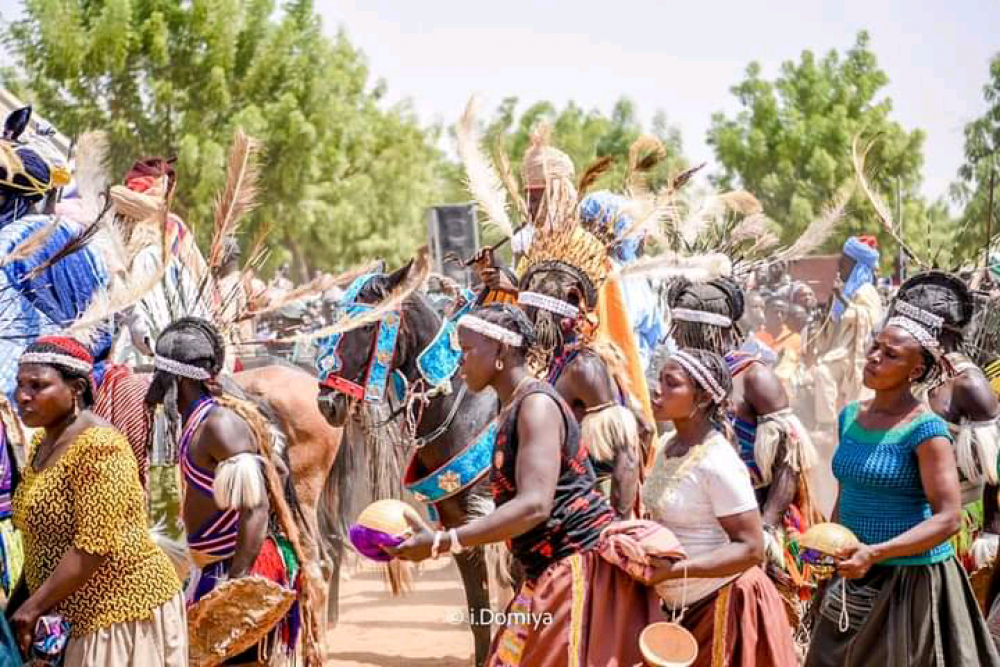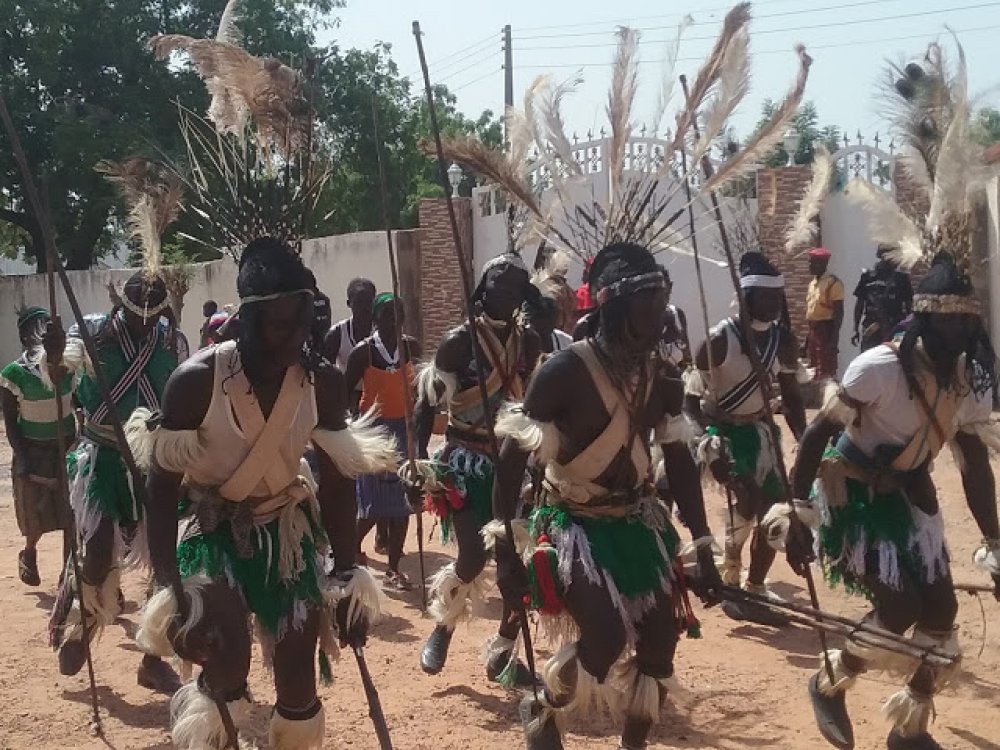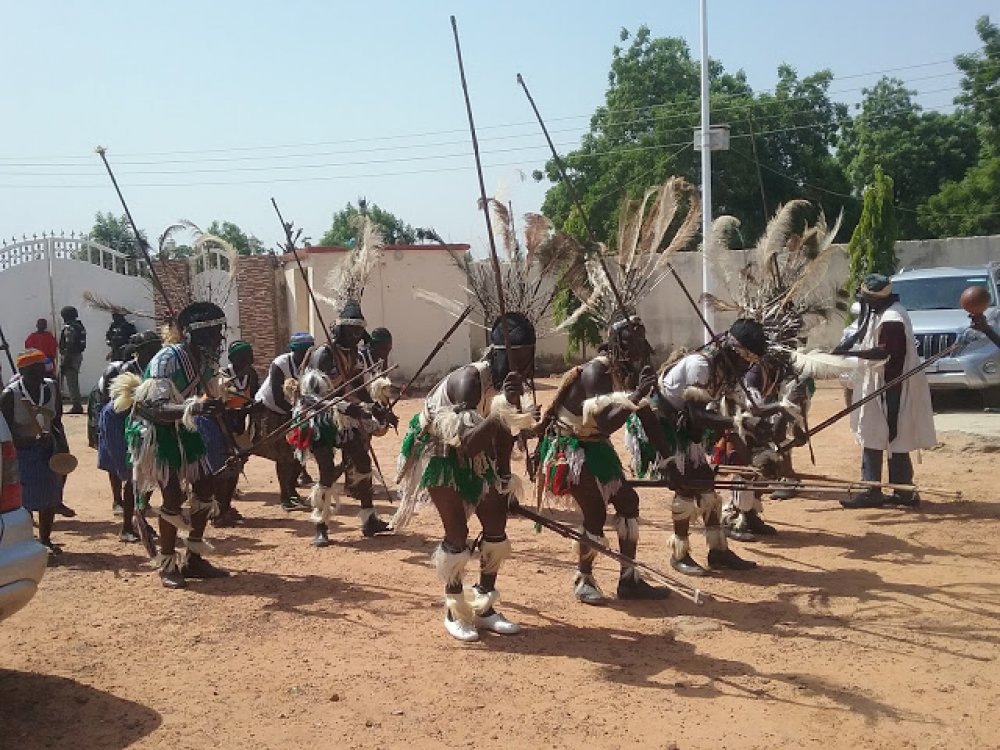Other Pages
- Opinion Poll
- About Us
- Send Your Story
- Contact Us
- Newsletter
- Privacy Policy
- Terms and Conditions

Lunguda Cultural Troupe| Photo Source: i.Domiya
Nigeria is one diverse country, blessed with 'multiethno-religious' groups. One of its regions is the North. With Northeast being a sub-region, it is blessed with Bauchi; the home of Yankari games reserve, Gombe; Jewel in the Savannah, Yobe, Borno, Adamawa; land of beauty, and Taraba states.
These states are however linked in a way, with Gombe state being the centre of the sub-region. The connection that blends Adamawa and Gombe states is one that is amazingly beautiful -- The Waja and Lunguda tribes being one of such connections. These states share some sort of ancestral lineage which brings us to praising the ethnic affiliation in folklore and oral poetry recitations.

One cannot discuss Lunguda without mentioning Waja because of the territorial nectar that sips between the two. The tribes are from communities of Gombe and Adamawa states with each facing the other. All you need to do is take a stroll across the road and you find yourself in another state. The Lunguda are majorly located at Guyuk Local Government Area of Adamawa state while the Waja people are more concentrated in Balanga LGA of Gombe State.
Hence, one cannot say that any of the tribes control a particular territory of each state. However, we can put it right that both tribes can claim the 'citizenship' of any of the states. There have been intermarriages between them; making them all -- in a way -- 'cousins'.

The two share ancestral lineage according to the oral historical narration. Therefore, they have similar ways of life. By virtue of that, they dress the same and eat similar cuisines while also speaking Hausa apart from their local dialects.
However, there is one distinguishing feature between the Lunguda and Waja tribes. The Lunguda is regarded as the only known matriarchal tribe in Nigeria.
The Lunguda and Waja are believed to have connected ancestry to the Arabs of the Middle East. Furthermore, their leadership style is like that of the Kanuri of the present Borno State.
The predominantly Christian ethnic groups enjoy peace (most of the time) with the presence of intermarriages between them and Muslim indigenes. They are the perfect definition of 'unity in diversity', as you find a home where the father is Muslim while the mum is Christian or the uniqueness in their children.
If you are looking to enjoy delicious traditional delicacy under a serene environment, the Lunguda and Waja should be your stop for a taste. The traditional food they share is in line with that of the Hausa people. It is made from maize flour. The maize is ground and cooked to form a thick paste which is usually served with vegetable soup. It is called Tuwo.
Traditionally, marriages used to be forced but religion has broken the chain. The ceremonies are usually like the Kanuri-Hausa traditions. The wedding ceremonies feature songs, dances and colourful cultural attires.
The occupation of the Guyuk and Balanga; Lunguda-Waja people is farming and hunting. Almost everyone in both communities farms on a subsistence basis. Though the relationship between the cousins seems to be sour now, it's a worthy cause to meet them.
0 Comment(s)